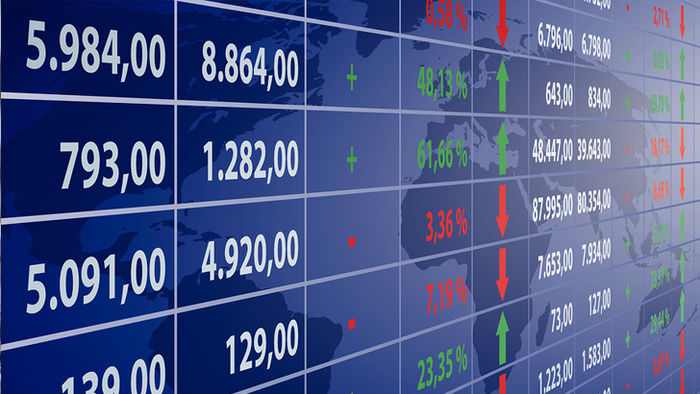New ETF focus on dividends
By Susan Hely
If you want income from blue-chip Australian shares, the Russell Australia High Dividend Index exchange-traded fund (ETF) could be for you.
Listed on the Australian sharemarket and known by its stock exchange code, RDV, Russell Investments based the ETF on a new index that invests in 50 blue-chip shares to provide a total return similar to the broad sharemarket.
RDV pays dividends that are higher than the market average by seeking out companies that have a history of paying dividends that have grown over time and have a strong record of consistent earnings.
The companies are from a range of different sectors, financials making up 50 per cent of the index, materials 14 per cent and consumer staples 15 per cent.
Russell Investments' director of product development, ETFs Australia, Amanda Skelly estimates that RDV will return 1% more than the average market dividend payment.
Skelly says that RDV has been designed specifically for self-managed superannuation funds as well as other self-directed investors and institutional investors that want to invest in a diversified portfolio of blue-chip companies because they provide capital growth, franked dividends and diversification.
"For investors targeting after-tax investment outcomes, RDV aims to deliver higher dividends and franking credits as well as the power of tax deferral and the power of CGT [capital gains tax] discounting," says Skelly.
She says an SMSF can use the franking credits to offset tax liabilities. If you have borrowed to invest, the dividend income can also be used against the lending expenses.
Russell Investments launched its first index in 1984 and is the world's fourth-biggest index provider for ETFs.
MONEY VERDICT
ETFs are the hot new investment product as they are diversified, transparent and easy to trade.
RDV provides a blue-chip share portfolio for an annual investment management fee of 0.46%, which is higher than most other ETFs but about half the average wholesale managed fund fee.
On top of this fee, you must pay brokerage to buy and sell an ETF on the ASX, so choose a discount online broker to keep costs down.
Get stories like this in our newsletters.



